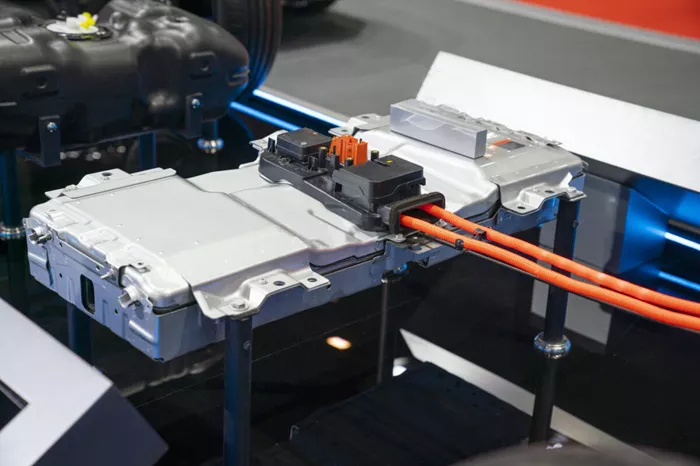A UK start-up, Integrals Power, has announced a breakthrough in battery technology. The company says its newly-developed, manganese-rich cathode material could increase battery energy density by up to 20%, offering a potential boost in the range of electric vehicles (EVs).
The new cells are made of 80% manganese, a brittle metal that greatly enhances the energy density of a battery’s cathode. This is the first time such a high percentage of manganese has been used in battery cells.
Manganese is known for its ability to store more lithium ions than other cathode materials, improving both the energy capacity and stability of the battery. This makes the cathodes last longer and provides better thermal stability, making them safer in use.
Research by QinetiQ, a UK-based research company, has shown that lithium manganese iron phosphate (LMFP) cells, made with this new material, maintain a higher percentage of their capacity during high discharge conditions compared to traditional lithium iron phosphate (LFP) cells.
High discharge conditions occur when a battery needs to release significant power, such as during highway driving or for electric mining vehicles. QinetiQ tested the capacity of LMFP cells at different discharge rates, known as C-rates. The tests showed that at 2C (30 minutes of discharge), the LMFP cells retained 99% of their original capacity. At 5C (12 minutes of discharge), they retained 95% of their capacity. Even at 10C (6 minutes of discharge), an extreme discharge rate beyond practical use, the cells maintained 60% of their capacity.
Related topics:
- South Korean Battery Makers Push Innovation in Lithium Metal Anodes
- SK On Develops 46mm Battery, Targets Mass Production & EV Cooling Innovation
- Volklec Takes Major Step Toward UK Battery Production with FEB Deal

